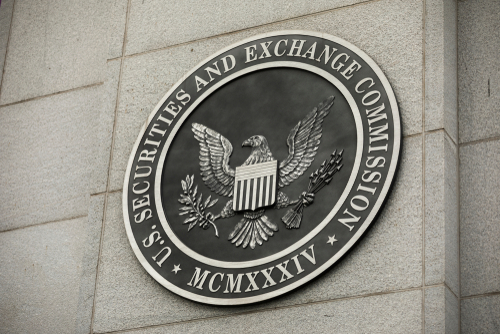The Securities and Exchange Commission (SEC) adopted amendments related to recordkeeping for broker-dealers, security-based swap dealers (SBSDs), and major security-based swap participants (MSBSPs).

The amendments are designed to modernize recordkeeping requirements, given technological changes over the last 20 years. Further, they seek to make the rule adaptable to new technologies in electronic recordkeeping.
Specifically, the amendments relate to electronic recordkeeping, prompt production of records, and third-party recordkeeping service requirements. In addition, they facilitate examinations of broker-dealers, SBSDs, and MSBSPs.
“I am pleased to support these rule amendments because they will bring the Commission’s electronic recordkeeping requirements for intermediaries such as broker-dealers and security-based swap dealers in line with technological innovation,” SEC Chair Gary Gensler said. “Since the 1930s, recordkeeping obligations have been vital to maintain market integrity and the SEC’s work as the cop on the beat. Today’s rule amendments will facilitate the SEC’s ability to examine and inspect records consistent with modern technology. This will enhance the Commission’s ability to preserve market integrity and protect investors.”
Currently, the SEC’s broker-dealer electronic recordkeeping rule requires firms to preserve electronic records exclusively in a non-rewriteable, non-erasable format, known as the “write once, read many” format.
The amendments add an audit-trail alternative under which electronic records can be preserved in a manner that permits the recreation of an original record if it is altered, over-written, or erased. The audit-trail alternative looks to give broker-dealers more flexibility in configuring their electronic recordkeeping systems to align closely with current electronic recordkeeping practices. Also, it will protect the authenticity and reliability of original records.
Further, the amendments direct broker-dealers and all types of SBSDs and MSBSPs to produce electronic records to securities regulators in a reasonably usable electronic format.
The final amendments will become effective 60 days after they are published in the Federal Register. The compliance dates for the new requirements will be six months after publication in the Federal Register for broker-dealers and 12 months after publication in the Federal Register for SBSDs and MSBSPs.